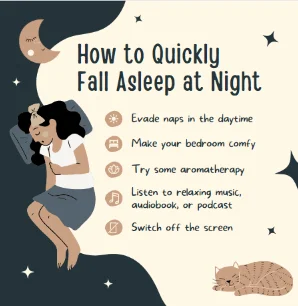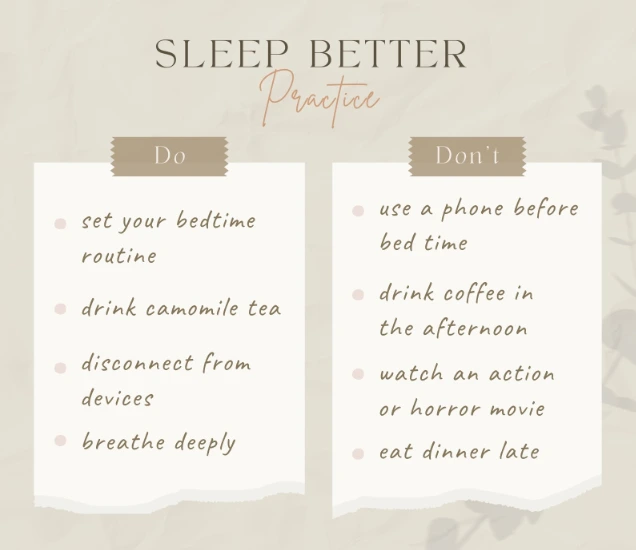What are the causes of sleep disorders in senior citizens
27-09-24
Sleep disorders are comparatively common in the elderly, resulting in many of them getting minimal sleep than they require. This could be due to a variety of factors, including:
Health problems
Medications
Underlying sleep problems
The following medical conditions may cause sleep problems:
Parkinson's disease (PD).
Alzheimer's disease.
Chronic pain, such as arthritis pain.
Cardiovascular disease (CVD).
Neurological disorders.
GI problems.
Lung or respiratory problems.
Inadequate bladder control.
Medications
Many elderly people are taking medications that can cause sleep disruption. This may include:
Diuretics for hypertension or glaucoma
Anticholinergics inhalation for COPD.
Antihypertensive medications are used to treat high blood pressure.
Oral corticosteroids
Drugs for allergies
Parkinson's disease treatment with levodopa
Aricept (donepezil) for Alzheimer's disease
Caffeine, alcohol, as well as smoking, may also have an impact on sleep.
The following are the most common sleep problems experienced by older adults:
Obstructive sleep apnea, or short interruptions in breathing while asleep caused by a blocked upper airway.
RLS (Restless leg syndrome), or the overwhelming desire to move your legs while sleeping, can begin at any age, but it is more severe in middle-aged and older adults, who may encounter it more commonly and for longer periods of time.
RBD, or the vivid acting out of dreams while sleeping, can take place when the brain chemical that paralyzes your muscles during REM sleep fails to function properly.
Circadian rhythm sleep illnesses disrupt the body's internal clock's daily sleep-wake cycle. Your body clock becomes less efficient as you age, resulting in difficulty maintaining sleep and waking up.
You can create better sleeping habits by doing the following:
Every day, I go to bed and wake up around the same time.
Using the mattress only for sleep, not for other purposes such as work.
Before bed, engage in quiet activities such as reading to avoid sleepyhead.
Minimizing bright lights before going to bed.
Keeping a pleasant and relaxing bedroom environment.
Limiting liquid intake before bed.
Eat approximately three to four hours before bedtime.
Exercise on a regular basis, but just not right before bedtime.
Getting a warm bath to unwind.
Avoiding napping
Regular exercise, avoiding as many sources of sleep disruption as possible, and getting enough natural sunlight may help control sleep disturbances.

